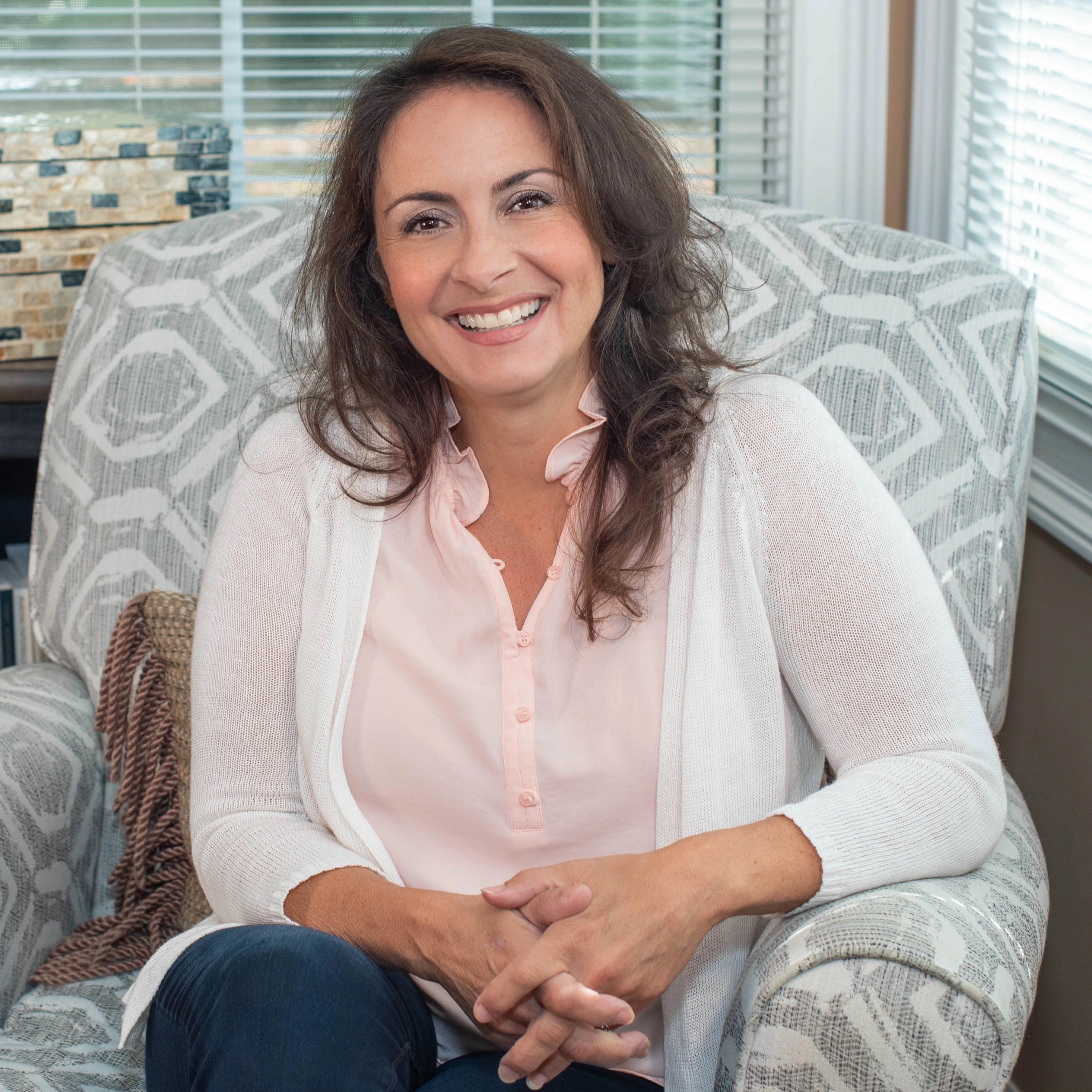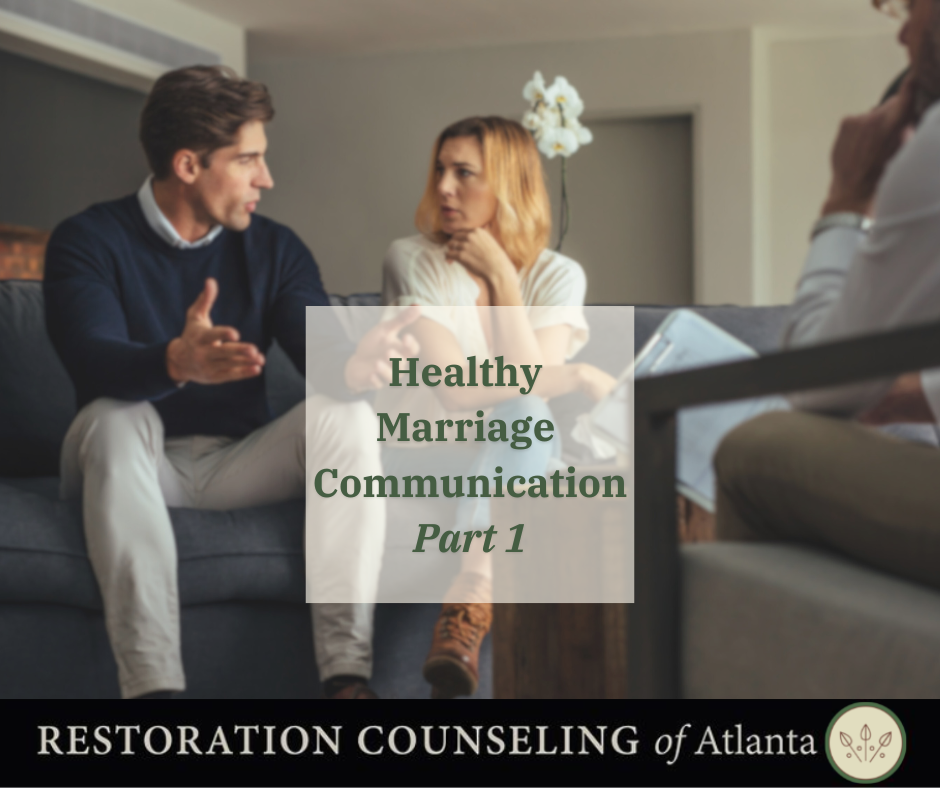Part 1: The Righteous Person and the Non-judgmental, Inquisitive Stance
Why doesn’t being a Christian make my Marriage Communication Successful?
A necessary part of living as a Christ-follower is understanding right and wrong, good and evil, through a Biblical worldview. Through this lens we learn that there is Truth, with a capital “T”, meaning that truth is not relative, but based in God’s perfect and good character.
This Biblical lens is immensely helpful as we go through life learning to make sound and sensible judgments about our lives. Every fair and righteous person has gone through this process to a degree and formed into the person they are today. For instance, we learn that treating others as we would like to be treated is the right and just way to behave.
So, why is it often so difficult to agree on right and wrong in a marriage between two Christians? Why do we often feel engaged in a battle of blaming each other that can never be won?
When Your Righteousness Has Become Judgmentalism
A basic definition of “judgment” is the ability to make considered decisions and come to sensible conclusions. Possessing good judgment is critical to living a moral and righteous life. Having “judgment” is not bad or shameful. Good judgment is essential for operating in this world successfully, safely, and productively.
However, in the process of judging honestly and correctly, we make errors. These errors can take many forms. One error we make is to judge and form opinions before having all the facts. Those of us who believe in a firm right or wrong can tend to err in this way.
It is very easy to rush to judge a situation. When we do this, we assure ourselves that the world is understandable and simple. It feels good to understand a situation quickly as it allows us to believe that we live in a predictable world. Having control of our environment in this way can feel powerful and comforting. It eases a tension inside ourselves to make a decision and gain resolution and clarity. It can be less exhausting for us to operate in this way.
As humans, we all know that there is a limited amount of energy and work that we are able to accomplish. As Alexander Pope said, “to err is human.” We become exhausted by all the decisions that need to be made. It takes less work both emotionally and intellectually to make a quick judgment and push away the anxiety that comes with ambiguity.
In this weakness, we often change from using “judgment” into acting “judgmental”. Judgmentalism is a common pitfall of a well-meaning person. Though we start out wanting to be righteous, we end up becoming blinded to truth by our inability to consider all the angles of a situation. We believe in Truth with a capital “T”, but we forget that ambiguity and “grey area” are often the key to understanding a situation fully and rightly.
In fact, as we study moral development in humans, we observe that children often over-simplify moral dilemmas, whereas mature adults understand more fully the contours of “truth” in a dilemma and understand that there may be multiple right answers. As we seek truth, we must be careful to seek full wisdom, which involves nuance, contour, and dimensions of co-existing truths.
Taking a judgmental stance prevents this full understanding. Judgmentalism in relationships puts a wall between the perspectives of each person. It prevents full understanding and inhibits the individuals from full connection. In this way, judgmentalism is the “kiss of death” in our relationships.
Judgmentalism as the Kiss of Death
When it comes to relationships, the “truth” has a subjective flavor. Relationships involve subjective areas of “feelings” and “perspectives”. To know someone is to begin to understand their perspective and realize that it is different from our own.
For instance, it is not possible for us to know what others are thinking and feeling unless they tell us. Only they can be inside their bodies and ascertain their experience. Therefore, it is up to them to communicate that. The only thing we can do is listen and ask questions.
Listening and asking questions of the other person is a communication step that cannot be skipped. In order to have successful communication between two people, this step must be done well. This requires that the person listening accepts that there is an area of unknown. There is a period of time in which he/she will not know or be able to make a judgment. This indecision period may bring feelings of confusion and uneasiness.
When a person is unable to suspend judgment in order to listen well and be inquisitive about the other’s perspective, successful communication cannot happen. If successful communication cannot happen, interpersonal connection becomes impossible. Connection must occur to fuel safety and positivity in the relationship. The relationship will deteriorate when the connection is broken repeatedly. Feelings of distance and isolation will ensue. The death of the relationship will inevitably follow.
Hope for Relationships Broken by Judgmentalism
What can we do to repair a relationship deteriorated by judgmentalism? Begin to repair a relationship by:
- Accepting that healing and restoration ARE possible.
When you have experienced the “kiss of death” in your relationship, you likely have felt extreme feelings of rejection, hurt, and even hatred. The first step to resuscitate your relationship is to assure your partner that you want to work to repair it. You will need to discover if your partner feels the same and is willing to invest in the work it may take to repair the relationship.
- Reaching for the courage and vulnerability to share how you are feeling.
If you cannot do this on your own, seek a counselor and/or pastor to assist you in communicating the depth of your feelings in a coherent way. As part of this process, lay it all “out on the table”- meaning, be as honest about how you are feeling as possible. Allow your partner to do the same.
- Clearing up the misunderstandings that are most critical.
This creates the opportunity for forgiveness as we allow true intentions and motivations to be heard. Forgiveness may not be immediate, but through prayer and awareness of our own frailty, it becomes possible. As Alexander Pope stated, “To err is human, to forgive divine.” We are not naturally forgiving; we need help with this.
- Setting goals to change the posture of their approach to one another.
The goal is to become more inquisitive, more curious, and to develop an ability to suspend judgment while hearing the other person’s perspective. The emphasis is not on assigning labels of “right” and “wrong”, but solely on understanding the perspective of the other person accurately.
This re-training involves the acceptance that it is ok to disagree. In fact, it is essential to disagree to some extent to remain separate and healthy individuals. Many people struggle with the idea of disagreement as they perceive that disagreement as rejection. Disagreements are not necessarily personal rejections, but rather an opportunity for each person to understand and grow in wisdom in their communication.
- Avoiding the “blame game”.
The goal of the communication is not to assign blame, but to understand perspective and suspend blame. This allows us to reach for a connection and establish a safe place for each person where disagreements can exist. This allows perspectives to differ without either person feeling attacked. The goal is to keep ever-present that there is only one God and neither partner is Him. We each have much to forgive and much to be forgiven for. Until the day that God fully sanctifies us, our job is to learn how to love each other through efforts to understand and bear with one another.

Written by: Nancy Messner
nancy@restorationcounselingatl.com
678-534-3824, ext.130
Nancy (Buckhead, Roswell and online) has a passion for working with individuals and couples as they strive to face life’s challenges. She has been married for 28 years to a pastor, and they have five children (ages 12-23). Nancy offers an objective, understanding, and non-judgmental atmosphere where individuals and couples can work on healing and growing under the light of God’s truth. She received her training from Wheaton College in 1999, further graduate work at Liberty University, and has lived in Atlanta for eleven years.

